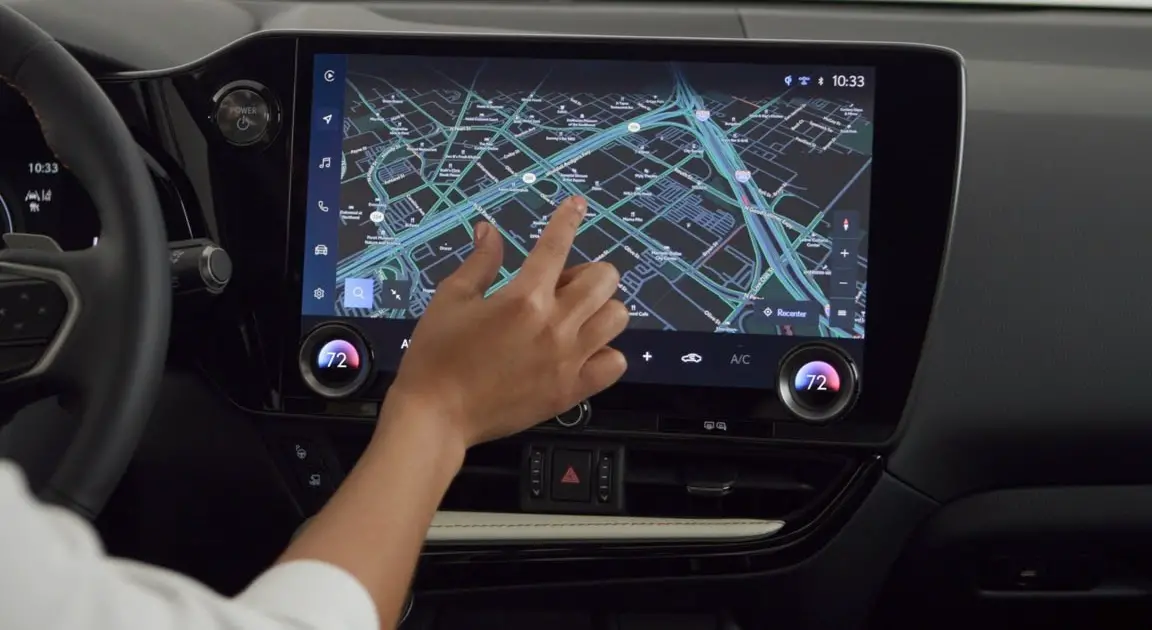In today’s world, cloud-based car navigation systems are becoming increasingly popular. Navigation systems powered by the cloud allow drivers to access up-to-date maps and real-time traffic information without having to rely on an installed GPS device or a paper map. But is cloud-based car navigation reliable? Let’s take a look.
What is Cloud-Based Car Navigation?
Cloud based navigation is an increasingly popular type of in-car navigational assistance that involves utilizing a shared data system in the cloud. This type of navigation allows for real-time routing based on the most up-to-date traffic information, such as detours and road closures. Unlike traditional GPS systems, this type of routing utilizes global positioning simultaneous to other vehicles’ already-traveled roads and paths, allowing for dynamic routes with improved accuracy and efficiency. Many major car manufacturers have embraced this technology, including Tesla, Porsche, BMW, Mercedes Benz, Audi, Honda and Chevrolet. Cloud based navigation has become one of the industry leaders in helping drivers stay on track while commuting or traveling throughout the United States and internationally.
The Pros of Cloud-Based Navigation Systems
Cloud-based navigation systems have some distinct advantages over traditional GPS systems. For starters, they are much more cost effective than purchasing and installing a standalone GPS in your vehicle. Since the data is stored in the cloud, you don’t need to buy extra hardware for your vehicle—all you need is a device with internet access such as a smartphone or tablet. Additionally, since the data is constantly being updated in the cloud, you can be sure that your maps and route advice are always accurate and up to date.
Another benefit of using cloud-based navigation systems is that they can provide real time traffic information. This means that you will be alerted if there are any slowdowns or accidents on your route so that you can adjust accordingly and avoid delays. Some systems even offer features such as alternative routes based on current traffic conditions or fuel prices along your route.
The Cons of Cloud-Based Navigation Systems
One downside of using cloud-based navigation systems is that they require an internet connection in order to work properly. This means that if your device loses its signal or runs out of battery, then you won’t be able to access your maps or receive real time updates on traffic conditions. Additionally, some software providers may charge additional fees for certain features such as live traffic updates or alternative routes based on current traffic conditions. Finally, some users may find it difficult to understand how to use these systems due to their complexity compared with standalone GPS devices which tend to be much simpler and easier to use.
Overall, cloud-based car navigation systems are reliable but they come with their own set of pros and cons which should be taken into consideration before deciding whether or not they are right for you. With their cost effectiveness, ease of use and up-to-date maps and real time traffic information, these types of car navigation systems can be very useful for drivers who want an efficient way to get from point A to point B without getting lost along the way!











Leave a Reply